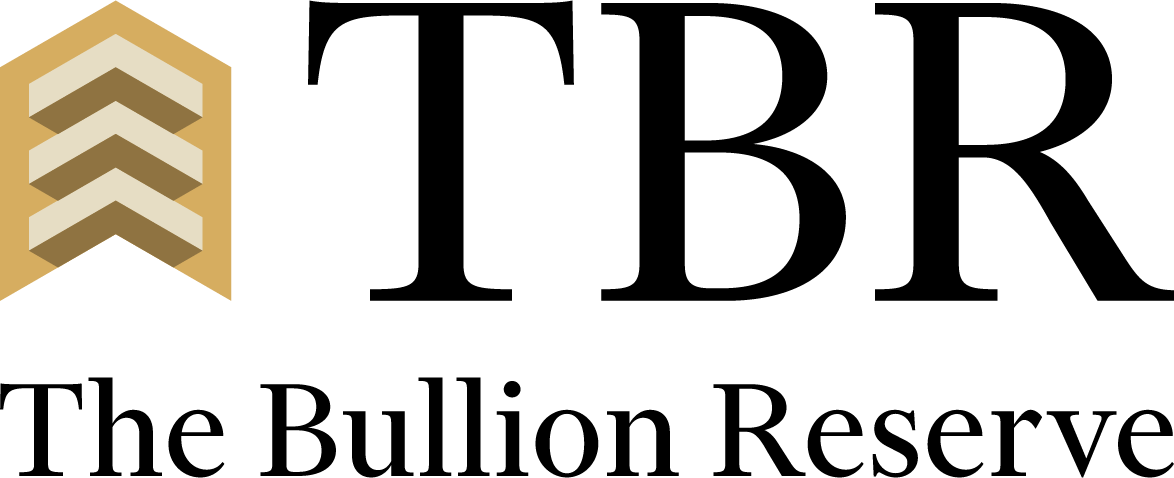First They Came For The Socialists…
Over the past few months, there were two developments especially relevant to the TBR strategy. You may have seen them and noted their import but, if not, here are a few quick observations:
Late last year it was reported that the Bank of England had refused to return $550M of gold reserves that the Venezuelan government had been storing at the BofE. The reasons given for the refusal were anti-money laundering questions and concerns that Venezuela's officials would steal the gold. Such reasons ring hollow when applied to a sovereign; this is an outright refusal of a government-controlled custodial bank to honor a contract with a sovereign customer whose policies the custodian's government and its allies actively oppose. So much for the rule of law, although I expect that most people do not care for the Venezuela's socialist regime and feel that this situation has nothing to do with them or their rights. Unfortunately, it does.
The subject line of this email came from a poem by pastor Martin Niemoller about the complacency of the German intellectuals during the 1930s:
First they came for the socialists, and I did not speak out—
Because I was not a socialist.
Then they came for the trade unionists, and I did not speak out—
Because I was not a trade unionist.
Then they came for the Jews, and I did not speak out—
Because I was not a Jew.
Then they came for me—and there was no one left to speak for me.
This is not to compare the current situation to the rise of Nazism but to point out that whenever the rule of law has been set aside to address "special situations," no one's civil and property rights have remained secure.
Closer to home, recently, John Bolton, the US National Security Advisor, made public remarks about the risks of our debt position: “It is a fact that when your national debt gets to the level ours is, that it constitutes an economic threat to the society,” Bolton said. “And that kind of threat ultimately has a national security consequence for it.” Mr. Bolton merely gave official voice to the obvious - our untenable debts are a threat the USD's reserve currency status and, by extension, threaten the US ability to project power and maintain geopolitical hegemony.
Whatever one thinks of John Bolton, his current job is to advise the US President on national security threats and the tools available to deal with them. Among such tools is the IEEPA (International Economic Emergency Powers Act). If one is not familiar with this law, now is a good time to learn about it. In brief, IEEPA gives the President virtually dictatorial powers to impose capital controls, prohibit foreign exchange transactions, freeze or confiscate any assets, etc. Here is the text of the law from the US Treasury Department's website.
IEEPA would be less troubling if it were truly an emergency measure but it is not. There are currently 27(!!!) active IEEPA emergencies, most of which have been in place for over 10 years and some for over 20 years. It is notable that six of the active emergency declarations do not target any specific countries or individuals but cover anyone, regardless of the location, believed to be engaged in terrorism, cybercrimes, transnational criminal activities, weapons of mass destruction, human rights violations, etc. And who designates someone as being subject to this law? The executive branch does, not the courts. Whether or not one is concerned about IEEPA, it pays to consider its impact on the ability to protect one's assets during a sovereign debt or a currency crisis, both of which accompanied the end of every previous debt super cycle.
The last GFC was managed by the fiscal authorities but John Bolton's remarks suggest that the next crisis may be handled as a national security emergency. If so, the implications would be momentous. We have been warned.
To conclude, these developments validate our core principle that systemic risks cannot be insured within the system. This is why we work hard to maintain relationships with multiple global counter parties, never rely on the banks or the government-owned mints, and diversify reserve holdings across the jurisdictions that offer geopolitical diversity.

